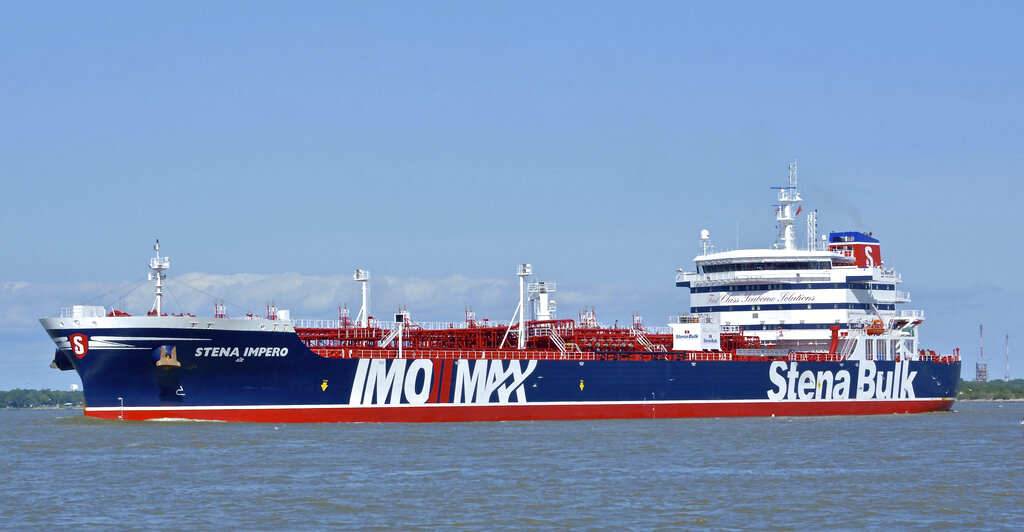India on Thursday expressed its concern over the volatility in oil prices following rising tension in the Strait of Hormuz and urged Saudi Arabia to keep the price at reasonable levels.
Saudi energy minister Khalid al-Falih was briefly in the country on Thursday before flying out to China as the Opec kingpin tried to convince its top customers about sending ships through the narrow strait that links oil producers to the rest of the world.
With tensions escalating in the Persian Gulf, Saudi Arabia has upped its diplomatic efforts to ensure energy security. Saudi Arabia is a crucial source of oil for India, and the NDA government wants the Gulf nation to maintain global oil balance and supplies.
“Raised my concerns on the recent increase in Asian Premium, disturbances in the Strait of Hormuz impacting the movement of oil/LNG tankers and the decision of Opec Plus members to extend production cuts leading to oil price volatility and its adverse impact on the Indian economy,” oil minister Dharmendra Pradhan said in a tweet.
The Organisation of the Petroleum Exporting Countries (Opec) has decided to extend production cuts at a time supplies from Iran and Venezuela are drying up. With the global energy landscape evolving rapidly, India is particularly vulnerable as it is the world’s third-largest oil consumer — importing more than 80 per cent of its requirements and around 18 per cent of natural gas.
The tensions in the region have heightened after the Iranian Revolutionary Guards seized British-flagged oil tanker Stena Impero in the waterway last week in an apparent retaliation for the British capture of an Iranian tanker two weeks earlier.
Eighteen million barrels of oil pass through the strait everyday, accounting for one-third of the global oil trade. Besides, one-third of the world’s LNG passes through the strait.The Indian Navy is escorting the country’s crude oil carriers transiting through the Strait of Hormuz. At least half a dozen tankers have been escorted out since June.
New Delhi has also been trying to persuade Opec to pare the premiums placed on oil sold to Asian nations.










